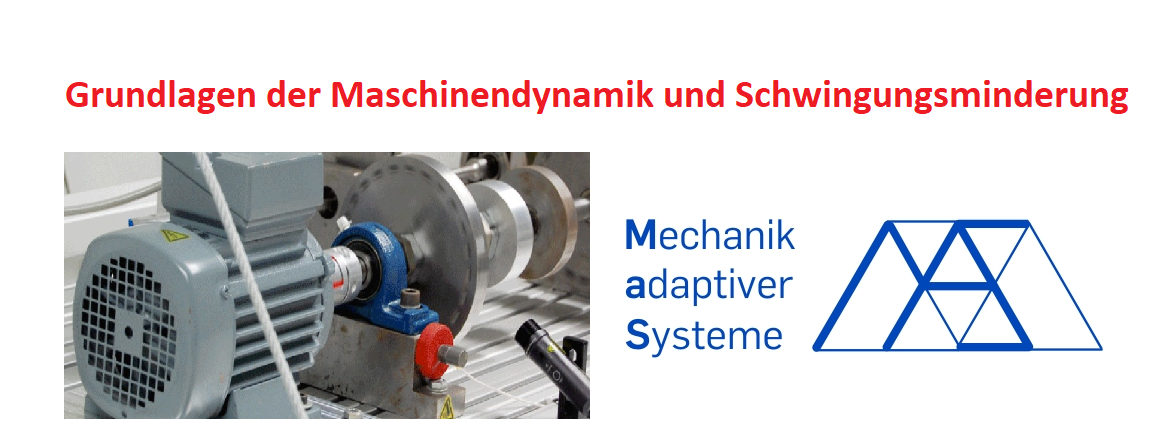
Fachliche Fragen: Prof. Nestorović, Dr. Trapp; besuchen Sie die angekündigten Sprechstunden.
Technische Fragen: Herr Lehmann
Wintersemester 2025/26
Erste Vorlesung: 21.10.2025 ab 10:15 Uhr, HZO 70
Der Zugang zum Moodle-Kurs wird in der Vorlesung bekannt gegeben
- Kursleiter/in: Daniel Lehmann
- Kursleiter/in: Tamara Nestorovic
- Kursleiter/in: Amit Pal
- Kursleiter/in: Roman Maximilian Trapp
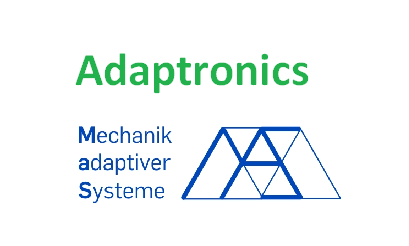
Contact person regarding the contents of the course: Prof. Nestorović, Mr. Amit Pal
Contact person regarding technical issues: Mr. Lehmann
- Teaching format: lectures, exercises, computer exercises and tutorials
- Schedule: (offered each summer semester)
Wednesday 12-14 h, and Friday 12-14 h (see announements in Moodle) - First Session: Friday, April 9th, 2025, 12-14 h, room IC 04/630, CIP-Pool
- Enrollment in Moodle opens on March 15th, 2025 (till April, 30th, 2025)
Course description
An overall insight of the modeling and control of active structures is given within the course. The terms and definitions as well as potential fields of application are introduced. For the purpose of the controller design for active structural control, the basics of the control theory are introduced: development of linear time invariant models, representation of linear differential equations systems in the state-space form, controllability, observability and stability conditions of control systems. The parallel description of the modeling methods in structural mechanics enables the students to understand the application of control approaches. For actuation/sensing purposes multifunctional active materials (piezo ceramics) are introduced as well as the basics of the numerical model development for structures with active materials. Control methods include time-continuous and discrete-time controllers in the state space for multiple-input multiple-output systems, as well as methods of the classical control theory for single-input single output systems. Differences and analogies between continuous and discrete time control systems are specified and highlighted on the basis of a pole placement method. Closed-loop controller design for active structures is explained. Different application examples and problem solutions show the feasibility and importance of the control methods for structural development. Within this course the students learn computer aided controller design and simulation using Matlab/Simulink software. Students will implement the acquired knowledge in the framework of a seminar paper related to the controller design supported by Matlab Software.
- Kursleiter/in: Daniel Lehmann
- Kursleiter/in: Tamara Nestorovic
- Kursleiter/in: Amit Pal
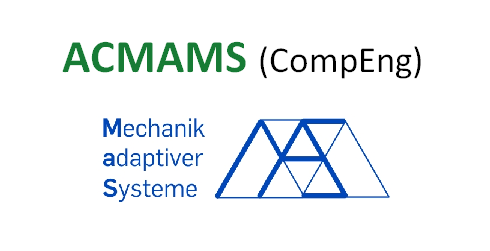
- Teaching format: lectures; exerecises - computer and experimental; face-to-face (see schedule in Moodle)
- First session: on Friday, October 24th, 2025 at 12:15 o'clock, room IC 04/634 CIP-Pool
- The block-course will end in December 2025
- Subscription: Self-enrollment in Moodle opens on Oct. 13th, 2025
Extended knowledge of adaptive mechanical systems, advanced control methods and their application to active control of structures
Content
Advanced methods for control of adaptive mechanical systems are introduced in the course. Introduction involves recapitulation of fundamentals of active structural control and extension to advanced control. In addition to numerical modelling using the finite element approach, the system identification is explained as an experimental approach. Theoretical backgrounds of the experimental structural modal analysis are introduced as well as the terms and definitions used in signal processing. Experimental modal analysis is explained using the Fast Fourier Transform. Advanced closed loop control methods involving optimal discrete-time control, introduction of additional dynamic for the compensation of periodic excitations and basic adaptive control algorithms are explained and pragmatically applied for solving problems of vibration suppression in civil and mechanical engineering.
- Kursleiter/in: Daniel Lehmann
- Kursleiter/in: Tamara Nestorovic
- Kursleiter/in: Amit Pal
- Kursleiter/in: Roman Maximilian Trapp
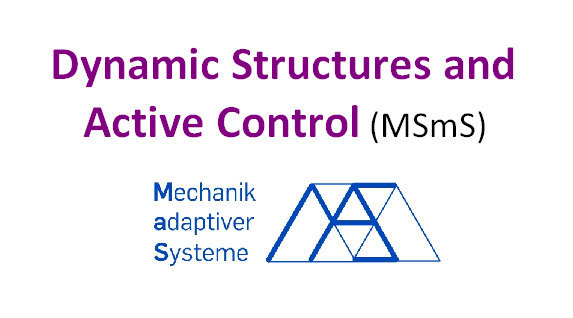
Contact person regarding the contents of the course: Prof. Nestorović, Mr. Amit Pal
Contact person regarding technical issues: Mr. Lehmann
- Teaching format: lectures, exercises, computer exercises and tutorials
- Schedule: (offered each summer semester)
Wednesday 12-14 h, and Friday 12-14 h, room IC 04/630 CIP-Pool (see announements in Moodle) - First Session: Friday, April 9th, 2025, at 12:15, room IC 04/630
- Enrollment in Moodle opens on March 15th, 2025 (till April, 30th, 2025)
Course description
The course presents an overall insight in the modeling and control of active structures and systems. Basic terms and definitions are introduced along with presentation of the potential application fields. For the purpose of the controller design for active structural control, the basics of the control theory are introduced: development of linear time invariant models, representation of linear differential equations systems in the state-space form, controllability, observability and stability conditions of control systems. The parallel description of the modeling methods in structural mechanics enables the students to understand the application of control approaches. For actuation/sensing purposes multifunctional active materials (piezo ceramics) are introduced as well as the basics of the numerical model development for structures with active materials. Control methods include time-continuous and discrete-time controllers in the state-space for multiple-input multiple-output systems, as well as methods of the classical control theory for single-input single output systems. Differences and analogies between continuous and discrete time control systems are specified and highlighted on the basis of a pole placement method. Closed-loop controller design for active structures is explained. Different application examples and problem solutions will show the feasibility and importance of the active structural systems development. The students also get insight into basics of active structural health monitoring. Within this course the students learn computer aided controller design and simulation using Matlab/Simulink software. Students will implement the acquired knowledge in the framework of a seminar paper related to the controller design supported by Matlab Software.
- Kursleiter/in: Daniel Lehmann
- Kursleiter/in: Tamara Nestorovic
- Kursleiter/in: Amit Pal
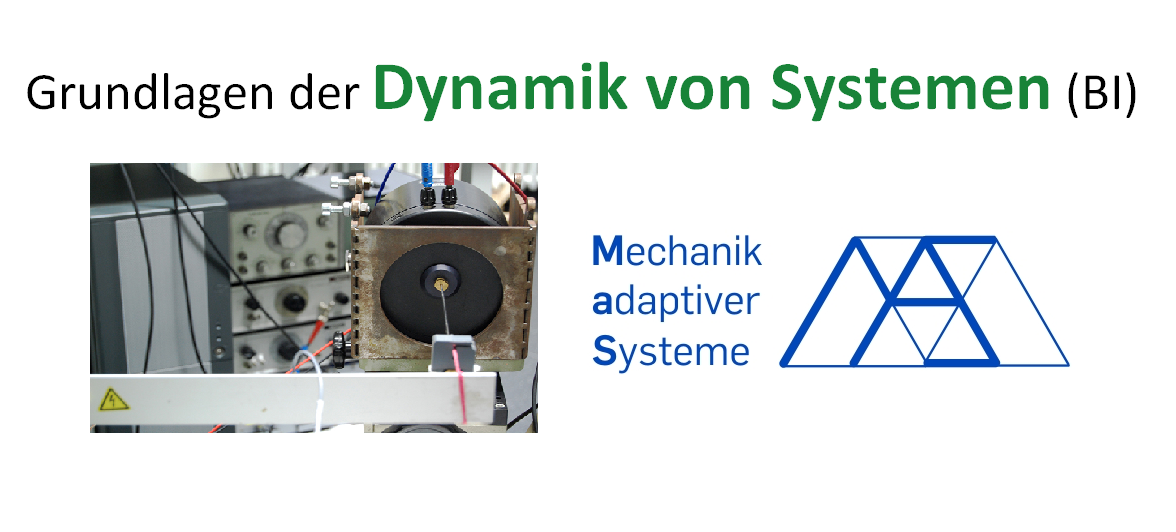
Fachliche Fragen: Prof. Nestorović, Dr. Trapp; besuchen Sie die angekündigten Sprechstunden.
Technische Fragen: Herr Lehmann
Wintersemester 2025/26
Erste Vorlesung: 21.10.2024 a5 10:15 Uhr, HZO 70
Der Zugang zum Moodle-Kurs wird in der Vorlesung bekannt gegeben
Termine - Vorlesung mit Übungen
erste Semesterhälfte
Di, 10:00 - 12:00, HZO 70
Fr, 10:00 - 12:00, HIB
zweite Semesterhälfte
Di, 10:00 - 12:00, IC 03-653
Fr, 10:00 - 12:00, IC 03-653
- Kursleiter/in: Daniel Lehmann
- Kursleiter/in: Tamara Nestorovic
- Kursleiter/in: Roman Maximilian Trapp
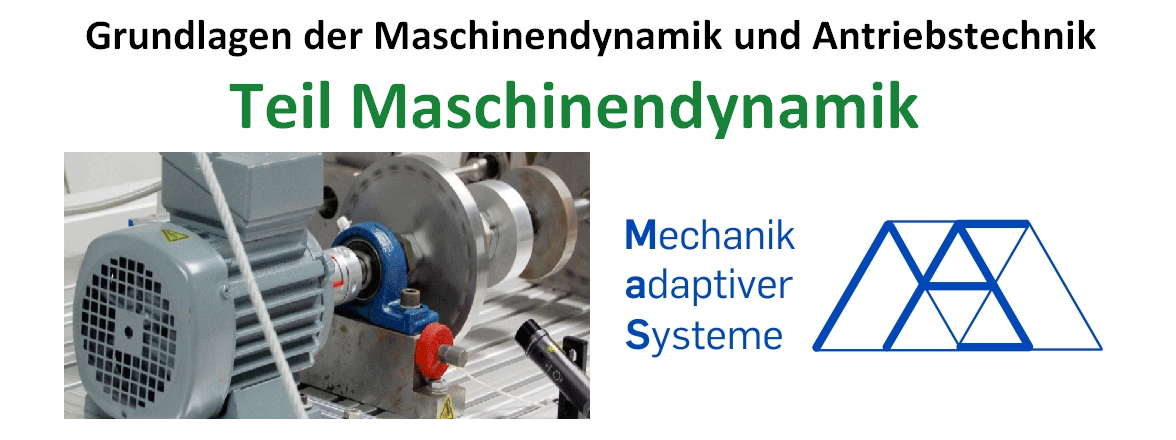
Fachliche Fragen: Prof. Nestorović, Dr. Trapp; besuchen Sie die angekündigten Sprechstunden.
Technische Fragen: Herr Lehmann
Wintersemester 2024/25
- Termine - Vorlesung mit Übungen (erste Semesterhälfte - Prof. Nestorović):
Di, 10:00 - 12:00, HZO 70
Fr, 10:00 - 12:00, HIB
- Erste Vorlesung: 18.10.2024 ab 10:15 Uhr, HIB
Der Zugang zum Moodle-Kurs wird in der Vorlesung bekannt gegeben.
- Kursleiter/in: Daniel Lehmann
- Kursleiter/in: Tamara Nestorovic
- Kursleiter/in: Roman Maximilian Trapp
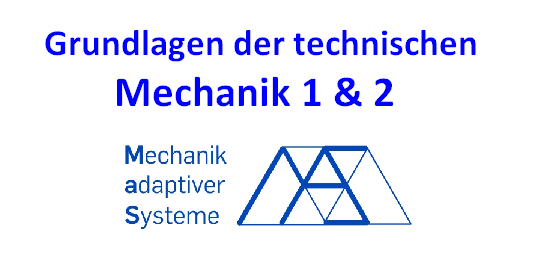
Fachliche Fragen: Dr. Trapp, Herr Wahle und Prof. Nestorović, besuchen Sie die angekündigten Sprechstunden.
Technische Fragen: Herr Lehmann
Wintersemester 2025/26
- Format: Vorlesungen und Übungen (Termine s. Vorlesungsverzeichnis und Moodle)
- Erste Vorlesung im Wintersemester: Mittwoch 22.10.2025 ab 12:15 Uhr, HZO 80
- Die Information über die Termine der Übungen und der Vorlesungen wird in Moodle bekannt gegeben.
Die für Mittwoch, den 22.10.2025 um 08:15 Uhr geplante Übung findet nicht statt, da sie vor der ersten Vorlesung liegt.
- Kursleiter/in: Philipp Breitenborn
- Kursleiter/in: Daniel Lehmann
- Kursleiter/in: Tamara Nestorovic
- Kursleiter/in: Roman Maximilian Trapp
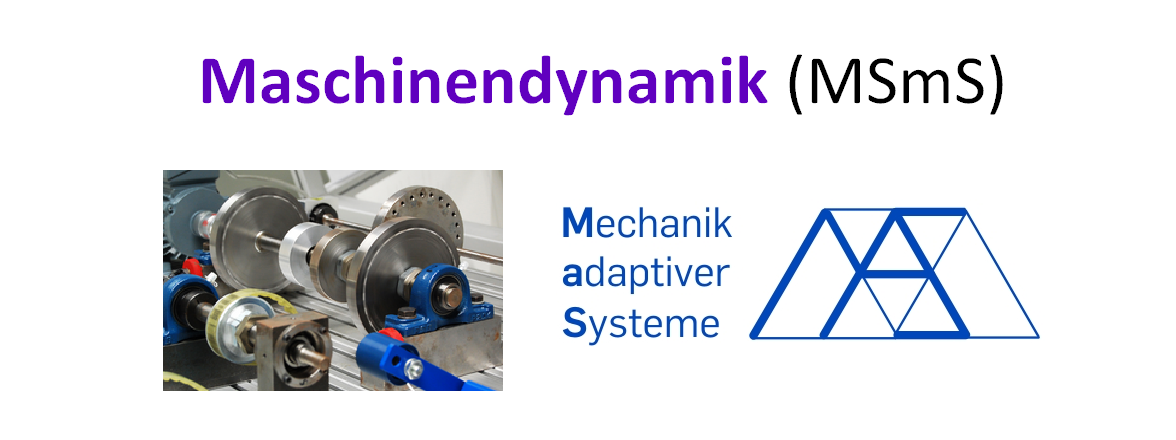
Fachliche Fragen: Prof. Nestorović, Dr. Trapp; besuchen Sie die angekündigten Sprechstunden.
Technische Fragen: Herr Lehmann
Wintersemester 2025/26
Erste Vorlesung: 21.10.2025 ab 10:15 Uhr, HZO 70
Der Zugang zum Moodle-Kurs wird in der Vorlesung bekannt gegeben
Termine - Vorlesung mit Übungen
erste Semesterhälfte
Di, 10:00 - 12:00, HZO 70
Fr, 10:00 - 12:00, HIB
zweite Semesterhälfte
Di, 10:00 - 12:00, IC 03-653
Fr, 10:00 - 12:00, IC 03-653
- Kursleiter/in: Daniel Lehmann
- Kursleiter/in: Tamara Nestorovic
- Kursleiter/in: Roman Maximilian Trapp
Strukturdynamik (PG10), Teil Prof. Nestorović: Seminar und Experiment unter Anleitung
Für fachliche Fragen wenden Sie sich bitte an die Lehrassistenten:
Afshin Sattarifar
oder besuchen sie die angekündigten Sprechstunden.
- Kursleiter/in: Daniel Lehmann
- Kursleiter/in: Tamara Nestorovic
